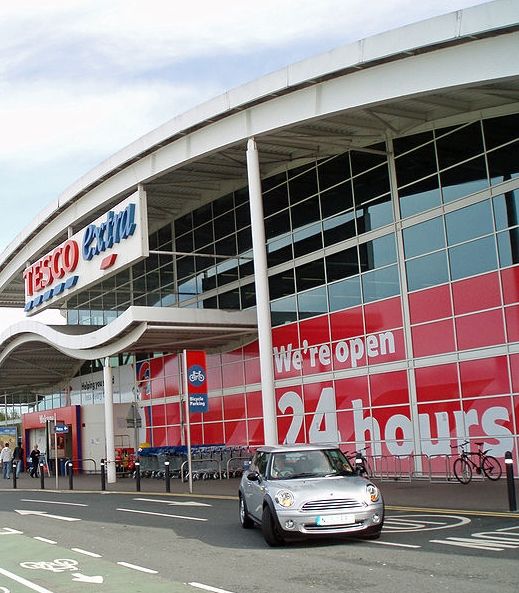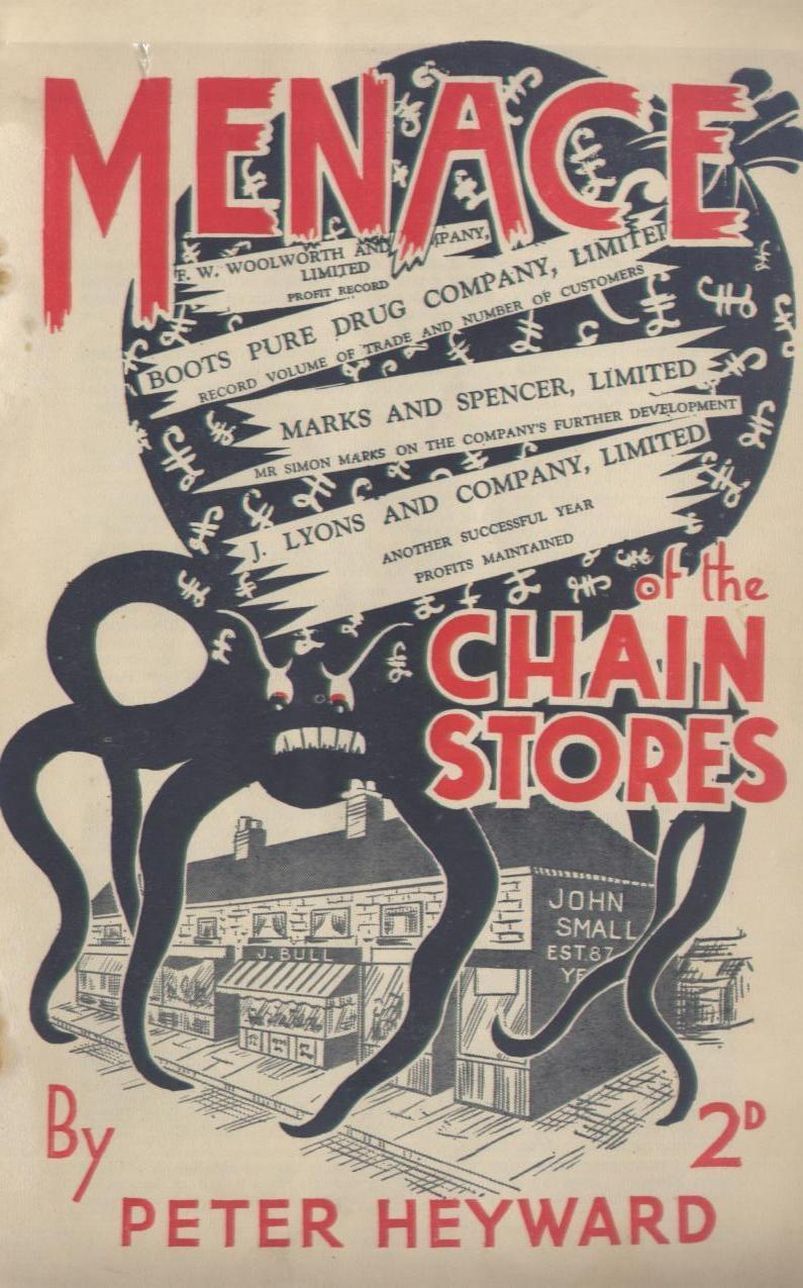

Last month, the Tesco supermarket chain revealed that some 30,000 tonnes of food produced by the company in the first half of this year was “wasted”. Tesco is the biggest supermarket in the UK with around 30% of market share. A spokesman for the company said it was doing more to reduce this kind of wastage, from the supermarket itself and the consumer.
Alas, some go much further, according to an anonymous individual writing in Socialist Worker: “The real problem” is that supermarkets “produce more than they need in the hope of undercutting competitors, then scramble to sell as much as possible at a profit.”
Shocking, isn’t it? The people who own Tesco want to make a profit. Presumably they and their employees should work for free. But there is worse to come, some people blame this “problem” on cheap food, but “The problem isn’t cheap food. It’s a food industry driven by profit...They prefer to manipulate us to buy what we don’t need—then blame us for wasting it.”
Now there is such a thing as supermarket psychology, the simplest examples of this are probably muzak playing in the background to put shoppers in the mood, and placing sweets near the checkout within easy reach of the young so that little Johnny and Sarah can tug at Mum’s coat until she buys them a bar of chocolate or two, but the idea that supermarkets can manipulate us into buying per se is rather absurd.
Our anonymous loony concludes: “As long as we live in a world based on overproduction and competition there will always be waste—and scapegoating of ordinary people for it.”
This polemic is total fantasy; where to begin deconstructing it? Check out a “small” supermarket. The Iceland chain employs around 23,000 people. As it was recently voted Britain’s friendliest big company to work for, its management must be doing something right. All those employees are paid out of the company’s profits; no profits, no wages! The man at the helm, Malcolm Walker, started with one shop before most of you reading this were born. If he had not made a profit and a decent one, he would not have been able to reinvest, and would not today have stores all over the country with 23,000 people depending on him for their livelihoods.
The Tesco supermarket chain was founded by Sir Jack Cohen in 1924; it started as a market stall 5 years earlier. Last year it had group sales of £72 billion, a truly staggering figure, but it needs to make both big sales and big profits because it operates in 14 countries and employs over half a million people. A group profit of £3.8 billion before tax does not sound quite so enormous when one allows for this, and for reinvestment, etc.

A scan of the front cover of a British Union of Fascists publication. Large corporations are represented as strangling the economy rather than serving it.
Considering the sheer size of the company and its customer base, the amount of food “wasted” does not sound that enormous.
Another gripe of our anonymous comrade is that food isn’t cheap; it is at Iceland and Tesco, because it is mainly working people who shop there. The idea that supermarkets manipulate or even force us to buy from them is a colossal fallacy; unlike the banks, they do not have a legally enforced monopoly, nor can they conjure up profits out of thin air like the banks can and do. Every penny, even cent, every yen, Tesco earns comes out of someone else’s pocket, namely its customers, who part with their money willingly day in, day out, year in, year out. This is a purely voluntary two-way transaction, unlike taxation which is both one way and involuntary backed up by the full coercive power of the state.
If Tesco, Iceland or any of the other big supermarkets were to put a foot wrong big time, their customers would vote with their feet, and the business would go belly up.
The big supermarkets offer thousands and some tens of thousands of lines all under one roof, usually conveniently placed for their customers, with long opening hours. That is the free market at work.
Then there is the little matter of food banks. Shameful though it is that these entities should need to exist in the 21st Century, big supermarkets, including Tesco and ASDA, contribute to them, wicked capitalists that they are.
Finally, a more generic criticism, there is no overproduction under capitalism, what there is, as the great Major Douglas pointed out, is underconsumption. If people don’t buy everything the economy produces it is purely because they have a shortage of money. Under so-called socialism, quite the opposite is true, which is why liberated Zimbabwe, once the breadbasket of Africa, is now a basket case, and why the late and unlamented Soviet Union collapsed under its own weight.
[The above op-ed was first published November 2, 2013.]
Back To Digital Journal Index